Erik Orsenna
Académicien & Writer
The following biography is taken from the official website of the author, who introduces himself in these terms:
“I was born in Paris on March 22, 1947 (my real name is Éric Arnoult), into a family of Saumur bankers, Luxembourgish farmers, and a Cuban papermaker. After studying philosophy and political science, I turned to economics. Returning from England (London School of Economics), I published my first novel while completing my doctorate. I adopted the pen name Orsenna, inspired by the ancient city in Julien Gracq’s The Opposing Shore.
What followed were eleven years of research and teaching in international finance and development economics. In 1981, I was invited to join Jean-Pierre Cot’s team at the Ministry of Cooperation, where I focused on commodities and multilateral negotiations. Two years later, I moved to the Élysée Palace as a cultural advisor (and occasional speechwriter). In the 1990s, working with Roland Dumas, Minister of Foreign Affairs, I addressed democratization in Africa and the relationships between Southern Europe and the Maghreb. Meanwhile, I had left academia to join the French Council of State in December 1985. I became a State Councillor in July 2000 and am now a retired honorary member.
I have always sought to have a profession outside of writing, primarily to give myself the freedom to dedicate the necessary time to books. Writing should be a place of freedom. I write for two hours every morning. That leaves twenty-two hours to stay busy. My other jobs have helped me better understand the world.
In addition to my administrative duties, I’ve written seven novels, including La Vie comme à Lausanne (winner of the Roger Nimier Prize, 1978) and L’Exposition Coloniale (winner of the Goncourt Prize, 1988), Madame Bâ, L’Entreprise des Indes, and Mali, ô Mali. I was elected to the Académie Française on May 28, 1998, to Jacques-Yves Cousteau’s seat (17th chair).
Beyond writing, travel, the sea, and music play a central role in my life and my books. These passions are largely thanks to my family. My mother instilled in me a love for storytelling and the French language. My father, whose family owned a house on the island of Bréhat, taught me about the sea, tides, boats, and distant voyages. I even preside over the Centre de la Mer (Royal Rope Factory, in Rochefort). I would listen to my brother tirelessly practicing his guitar exercises on the other side of the wall. And my grandfather, despite his hefty build, would occasionally break into a salsa dance, reminding me of our Cuban heritage.
I’ve simply carried these legacies forward.”

